
Hunched back or stooped posture is a position in which a person tends to sit or stand in a lazy and sluggish manner.
However, this posture can cause significant problems for the spine, or it can lead to spinal dysfunction, back pain, osteoarthritis and a pot belly.
"Hunchback, whether sitting or standing, puts undue pressure on your spine and muscles, leading to various long-term health problems," says Dr. Mazda K. Turel, brain and spine surgeon at Wockhardt Hospital, Mumbai Central, India.
Effects on the spine
According to Dr. Mazda K. Turel, when you hunch over, the natural curvature of your spine is altered, resulting in a misalignment of the spine. This misalignment increases pressure on the vertebrae and the discs between them, potentially leading to conditions like a herniated disc or chronic back pain.
Furthermore, poor posture can put strain on the muscles, ligaments, and tendons around the spine, leading to muscle fatigue and discomfort.
Effects on the nervous system
Neurologically, hunching over for long periods of time can affect the nervous system. The spine protects the spinal cord, which transmits signals between the brain and the body. When posture is compromised, nerves can become compressed, leading to symptoms such as numbness, tingling, or even reduced motor function in severe cases.
Reduced oxygen intake
Slouching restricts lung expansion, reduces oxygen intake, and can impair concentration and cognitive function, explains Dr. Mazda K. Turel.
Over time, poor posture can also contribute to problems like tension headaches and temporomandibular joint (TMJ) dysfunction.
Therefore, Dr. Mazda K. Turel recommends that hunchback should be combated by correcting posture and strengthening the torso.
“Improving posture can significantly reduce the risk of these problems. If pain persists, seeking medical evaluation is essential to prevent further damage to the spine and nervous system.
Making simple adjustments to your posture now can help prevent complex spinal problems in the future,” says Mazda K. Turel, MD.
Source: https://laodong.vn/suc-khoe/tac-hai-cua-ngoi-khom-lung-khi-lam-viec-1393356.ldo










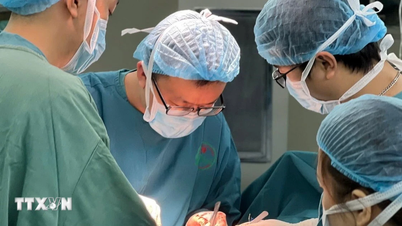
























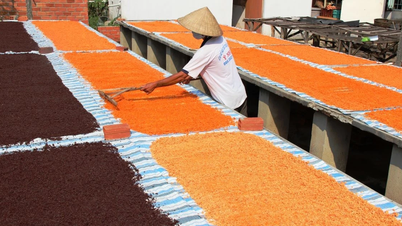
















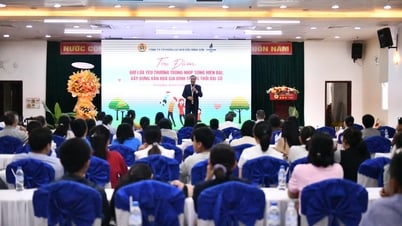
















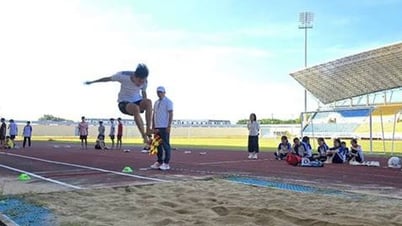






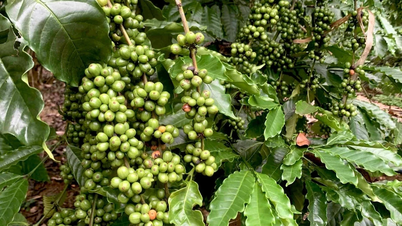
























Comment (0)